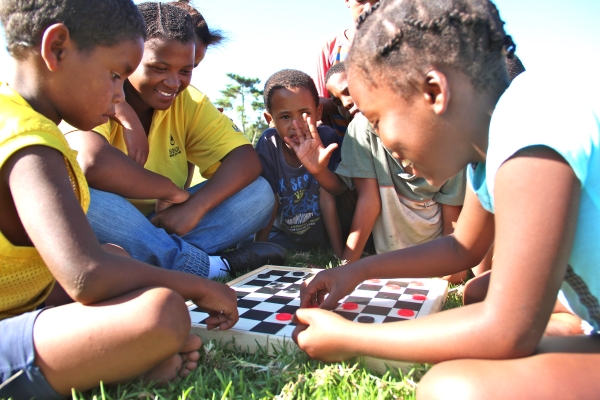EBLS: Worcester, South Africa
WORCESTER, SOUTH AFRICA

Worcester is located 120 kilometres north-east of Cape Town, and is the administrative capital of the Breede Valley municipality in the Western Cape province of South Africa. It has a majority Afrikaans population (73.1%) and a growing population of isiXhosa speaking residents (19.1%). By population group, Worcester houses 59% Coloured residents, 26% African residents and 15% White residents.
The Breede Valley municipal area has an estimated population of 179,550, while Worcester has a population of 97,078. In 2016, 96.9% of households had access to piped water (to within 200 meters of the yard), while 90.1% of households had access to electricity. More than 22% of households in the area live in informal housing. Unemployment has been steadily rising in this area over the last decade, with an unemployment rate of 11.8% in 2016, which is marginally higher than that of the larger Cape Winelands District. The area relies strongly on agricultural activities, with many families working on surrounding fruit and wine farms. Employment opportunities are mainly seasonal by nature, which impacts on creating sustainable livelihoods in rural communities.
Breede Valley’s rural areas are characterised by a lack of social and economic development. A high population of migrant workers are found in the rural areas, increasing competition for limited resources, business and employment opportunities. The area experiences a high incidence of poverty and social problems, with high rates of abuse of alcohol and drugs, and domestic violence. In this municipality, interpersonal violence accounts for 8.1% of deaths in the area, while the murder rate showed an increase of 56.3% from 2016 to 2017. The operation of organised crime syndicates and gangsterism are two major contributing factors to the high crime levels.
The Optimus Study South Africa, a nationally representative study of child maltreatment, found that of children interviewed in schools, 42.2% had experienced some form of maltreatment, and 82.0% had experienced some form of victimisation (including family or community violence). Child homicides occur in South Africa at more than twice the global rate; child maltreatment is a precursor in nearly half these deaths. The Optimus Study also identified a range of social problems associated with child maltreatment, including parental substance misuse, poverty, anxiety and depression. Positive parenting was identified as a possible protective factor for children. South Africa is also the birthplace of the Parenting for Lifelong Health suite of parent support programmes, which are aimed at promoting positive parenting and reducing harsh practices.
Image source: Creative Commons
Research update: Worcester is the new research site in South Africa, replacing Stellenbosch in the EBLS Study.
